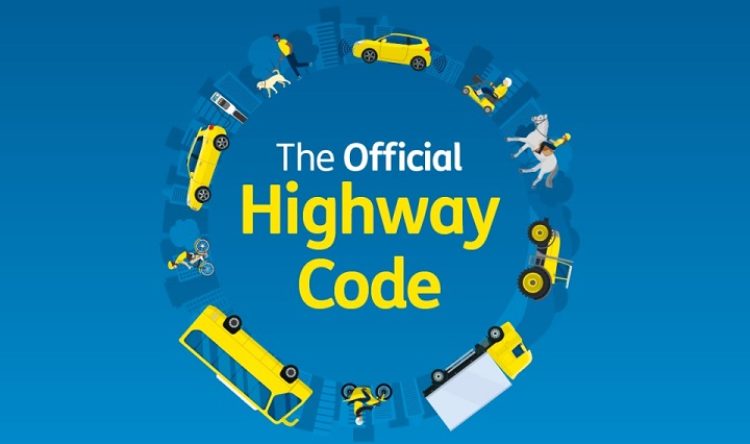Where is the money going to come from?
MPs call ion the government to come up with plans for motoring taxes
The parliamentary Transport Committee is calling for more action by the Treasury to update taxes on motorists.
MPs are disappointed with the lack of engagement from the Treasury following its report on road pricing. It comes as the rise in electric and low emission vehicles is already having a big impact on the government tax take.
The Transport Committee has published a report detailing an exchange of letters between Committee chair Iain Stewart MP and Treasury ministers regarding its Road Pricing report, published last year.
Unprepared for the future
The committee’s report warned the Government it risks losing out on tens of billions of tax revenue. It calls for exploration of new forms of road taxation as drivers increasingly opt for electric vehicles which are not subject to fuel duty or, until 2025, vehicle excise duty (VED).
Stewart expresses disappointment at the Treasury’s delayed response to the report. In the exchange of letters Stewart states the Government “does not currently have plans to consider road pricing”.
The Chair wrote to Chancellor Jeremy Hunt MP on January 25. He pointed out that it was “discourteous both to my committee and to the witnesses who freely gave their time and expertise, both in writing and in person, that your Department has not meaningfully engaged with the substance of our report nor responded to the specific conclusions and recommendations made”.
Treasury minister James Cartlidge replied to the Chair on February 13. He said: “As set out in the Chancellor’s previous letter the Government does not currently have plans to consider road pricing. Given this, the Government does not have further views on the Committee’s recommendations for the ways in which road pricing should be considered.”
Diminishing funds
Last year, the Government announced that VED will be levied on electric vehicles from 2025. However, the Committee has noted that the Office for Budget Responsibility (OBR) forecasts that this could only raise £1.6 billion a year by 2027/28.
Stewart says: “It is disappointing that Treasury Ministers have not followed usual Parliamentary courtesies by not responding fully to the important issues flagged in our report.
“As petrol and diesel cars reduce in number, so too will the Treasury’s tax revenue. That’s why we asked the Government to set out a range of options to replace fuel duty and vehicle excise duty.”
He continues: “In challenging times for the economy it is all the more vital to get this right, not least because most revenue from motoring taxes actually funds hospitals, schools, police and everything else. Only £7bn of the £35bn collected is used to maintain the country’s roads.
“The committee recognised that this is a conversation that needs to start sooner rather than later.
“We were not urging the Government to adopt a particular scheme; we want them to start exploring the options. I hope they will reconsider and respond meaningfully to our suggestions.”





